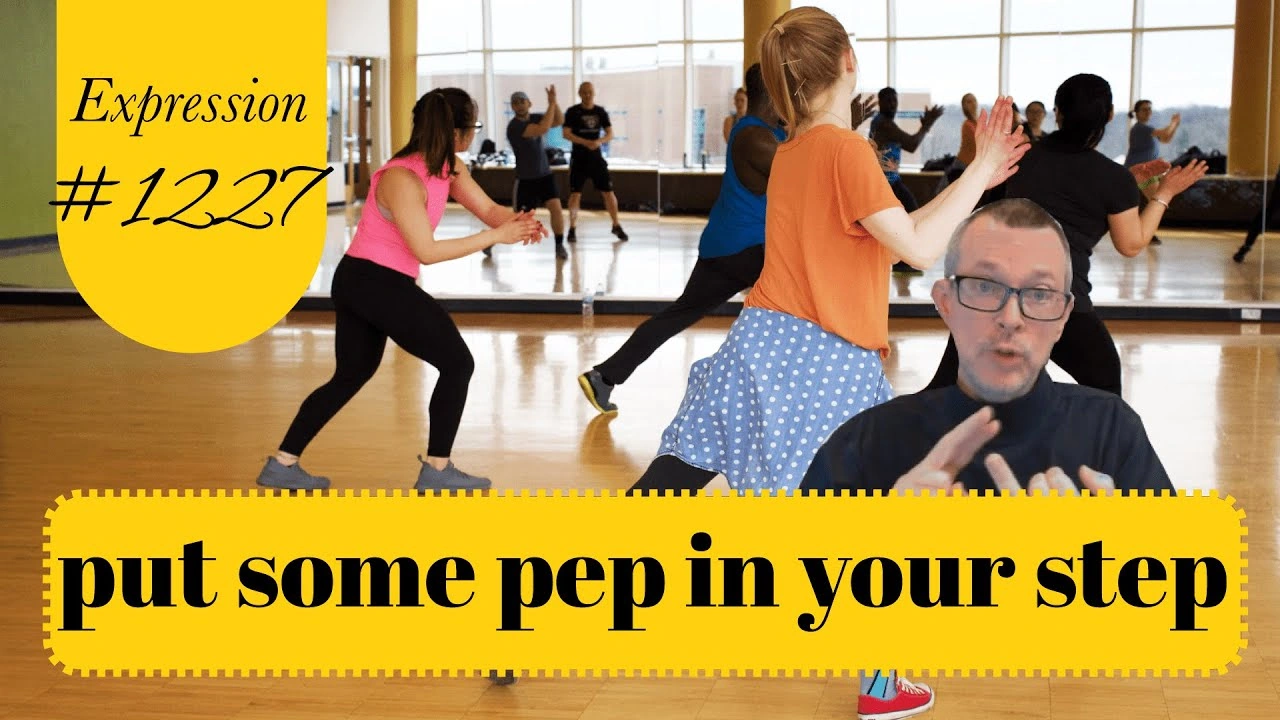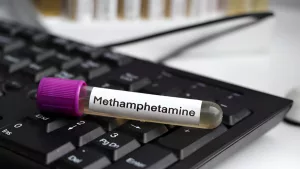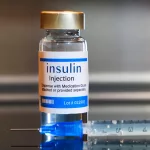
Did You Ever Wonder?
Have you ever rolled out of bed, stumbled to the kitchen, and just wished—really wished—for a jolt of energy that didn’t require chugging two triple-shot espressos? Or maybe, on a sleepy afternoon, someone nudged you with, “Hey, put some pep in your step!” … and you grinned, even as your brain said huh, where’d that old phrase come from? There’s a reason this zippy little saying has stuck around. Let’s wander into its story, and along the way, I’ll show you how it’s secretly perfect for today’s wellness routines (and why it’s far more than just, well, pep talk).
More Than Just a Catchy Saying
Okay, let’s be real. Most of us crave a quick fix when we feel sluggish—maybe it’s caffeine, or hitting play on a hype song, or a walk around the block. But that phrase, “put some pep in your step,” keeps floating around our lives… in casual convos, old-school commercials, and even as advice from energetic grandmas. Ever wondered why it’s so sticky? Rhyme has a lot to do with it, sure. But there’s more. It’s a pocket-sized pep rally you can whip out at any time.
Years ago, when I was a barely-awake intern in a stuffy newsroom, the oldest editor in the building used to stomp past my desk and toss, “Let’s put some pep in your step!” my way. It felt silly… but it worked. I’d stretch, walk faster, feel better. There’s some timeless magic to it, right?
But, Seriously, What Is “Pep”?
Let’s break it down. You might think “pep” is just another word for “energy,” but the history goes deeper—and spicier. The word “pep” actually popped up in American slang right around 1912, as a punchy short-form of “pepper” (“pepper” itself meaning spirit or energy as far back as the 1800s, believe it or not) according to the Online Etymology Dictionary. So, yeah, put some pep in your step origin is literally about adding some spice, some flavor, to how you move through the world as explained here.
Back then, “pep” wasn’t just about movement. It was the whole vibe: lively, cheerful, energetic, eager. Kids had pep rallies in the mid-20th century—boosting team spirit before games. Bosses gave pep talks, hoping to inspire vim and vigor (even if it sounded a bit forced). I guess you could say they really wanted everyone to have put some pep in your step origin urban dictionary moments—city, country, you name it.
Pep v. Today’s Energy Tricks
| Old-School “Pep” | Modern-Day Moves |
|---|---|
| Pep = “pepper,” a word for zip, spark, and hustle. | Think pre-workout, HIIT, or adding cayenne to your smoothie. |
| Tossed into slogans, pep talks, and chants by coaches or busy parents. | Blasted from your fitness podcast, meditation app, or even Instagram reels. |
Still, “pep” is different. No tech, no download, no subscription required. It’s mindset, attitude, and—on good days—contagious.
Peppery Roots & Wellness Trails
Let’s face it: Words migrate and change, just like wellness trends do. What started as pepper on a table ended up as pep in our feet. Have you ever thought about the origin of that bounce you get after a good night’s sleep, or how you suddenly “feel peppy” for no reason? The term literally made its way from kitchens to gymnasiums to morning routines as explored in this wordy deep-dive.
Think about this for a sec… If “pep” was once just pepper—actual spicy berries—how did it wind up in our favorite idiom for motivation? Well, pepper used to mean spirit or energy (as in, “He’s got pepper!”) in 19th-century America. Eventually “pep” broke out on its own—maybe because it sounded as snappy and bright as the feeling it described.
When Did “Put Some Pep in Your Step” Arrive, Anyway?
Now, here’s an image: Picture a bunch of folks at a 1920’s American sports event, clapping, shouting, probably waving pom-poms. That’s around when the phrase itself became popular: “put some pep in your step.” It combined the new slang “pep” with the metaphor of walking with all the energy of a marching band.
By the 1940s, pep rallies were huge in North America—big, noisy, high-energy gatherings before school games see the history here. The phrase “put some pep in your step” would show up in those settings, but soon enough, it jumped into regular talk: workplaces, families, and eventually, the wellness world. It’s still thriving today. Maybe because it’s just… fun to say.
Not convinced? Ask anyone who’s ever gotten a pep talk at work or school—the phrase is a mood booster. It’s been described as a “pocket-sized pep rally”—simple, quick, and surprisingly cheering.
A Slice of 1950s Life: Pep in Pop Culture
Tiny story: My granddad once told me about old soda ads—”Put some pep in your step! Drink Pepsi-Cola!” It’s hilarious, but it worked. (He’d always insist his post-work glass made him “peppy as a kid.”) So, even the ad folks knew this phrase was a winner!
Country Vibes vs. City Life: Where’s the Pep?
Have you ever noticed how phrases pick up different flavors depending where you are? (See what I did there… pepper?) Well, put some pep in your step origin doesn’t just belong to one place or culture.
For city dwellers, pep might look like pounding the pavement with a determined stride. Out in the country, it’s a bit more… homey. Maybe it’s that energy boost you get while hauling veggies at dawn, or dancing at a folk festival under string lights. If you’re curious how country roots shaped this phrase, the history over at put some pep in your step origin country is a quick, charming read.
Pep Around the Globe (It’s Basically a Wellness World Tour)
Let’s do a little compare-and-contrast. No jargon—just the way these energy-centric sayings travel around.
| Place | Pep-Like Phrase | What It Means for Wellness |
|---|---|---|
| USA/Urban | Pep in your step | Power-walking, upbeat playlists, sidewalk sprints |
| USA/Rural | Spring in your step | Garden chores, barn dances, fresh air vitality |
| UK/Commonwealth | Vim and vigor | Cuppa tea, early hikes, witty banter |
| India | Masala in your walk | Spiced routines, brisk morning walks, lots of smiles |
Story break: I once visited a small town where folks would literally cheer, “Let’s pep it up!” during weekend markets. (That’s some next-level community energy.)
Did a Country Twist Ever Inspire You?
One friend told me her grandma—who grew up in farmlands—always used “put some pep in your step” harvesting apples. Apparently, it made the sun feel friendlier and chores less, well, chore-like. Turns out, a cheery phrase works wonders under big open skies.
From Old-Time Slogan to Modern Wellness Must-Have
So, how do we use put some pep in your step origin for today’s health, fitness, and wellness? (And no, you don’t need to join a marching band or move to the country.) At its core, it’s about intention—deciding to move, to brighten, to show up for your day with a little more spark. That’s modern wellness, right?
It’s honestly kind of freeing. Because “pep” isn’t about perfection. Whether you wake up feeling fierce, or need a couple tries before you even find your left shoe, the phrase nudges you… gently at first, then a bit louder: “Go on, add a little spice.” And that’s the spirit we all need!
Everyday Pep (No Dance Squad Required)
Here’s a tiny challenge for you—try weaving a bit of the phrase into your daily rituals. A dash of literal pepper in an omelet (for flavor and old-school vibes), a brisk walk at lunch (bonus if you hum a pep rally tune), or a text to a friend who’s dragging: “You’ve got this… now go put some pep in your step!”
There’s even a put some pep in your step origin urban dictionary spin for the city crowd: think quick dance breaks, spontaneous stair climbs, or silly races to meetings. Country roots? Put some pep in your step origin country habits look like garden sprints or power hikes.
Example: Pep Walks & Laughter
Want a no-fail pep recipe? Try a “pep walk” with your hyped-up playlist, or rope a friend into a silly step-count challenge. Make it a game. Laugh when you lose track. (I always do.) Suddenly, your fatigue fades, and boom—you’re peppy.
Ready to Try It Yourself?
If there’s one thing to steal from the long, spicy history behind “put some pep in your step,” it’s this: energy is contagious. You don’t have to fake cheerfulness or run marathons. Just decide to dip a toe (or a whole foot) into something lively. Set that intention. Let a goofy old phrase set the tone for your day. If you need a little inspiration (or want to explore more cultural twists), swing by put some pep in your step origin country.
Can a few syllables really change your mood, or give your wellness goals a nudge? I think so. I’ve seen it—on tired mornings, during shared fits of laughter at group yoga, while racing my neighbor for the last patch of sidewalk shade. If you need a friend to cheer you on… Today, that’s me.
One Pep-Filled Conclusion
So here’s the story, friend: “Put some pep in your step” came from pepper—actual spice that fired people up in the 1800s. It became pep rallies, pep talks, and a go-to idiom for energy by the 1920s. But it’s more than a historical quirk—it’s an open invitation to shake off fatigue, set fresh intentions, and walk a little brighter into each day. Wellness isn’t about hitting every goal perfectly. It’s about finding the gentle nudge that makes your world lighter. Whether you get your “pep” from music, movement, or the memory of your grandma’s apple harvest, it’s the showing up that counts.
Take this as your personal pep talk: Let today be the day you try one new, energetic thing—even the smallest step counts. Who knows, maybe you’ll start a trend, and the next time someone asks about the put some pep in your step origin urban dictionary, you’ll have your own story to share. Go on… Add a little spice!

























Leave a Reply
You must be logged in to post a comment.